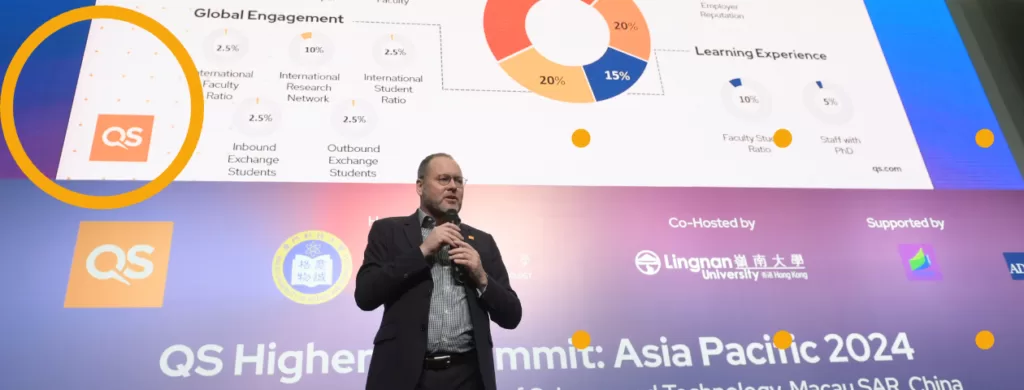How will skills development evolve in global higher education as institutions and students adapt to world in crisis?
Across the globe, COVID-19 has accelerated the evolution of the future of work with millions of people now working from home and companies rapidly rethinking how they operate.
As business experience an unprecedented level of digital transformation this year, the digital skills gap is more important than ever before. How can organizations and higher education institutions work together to ensure graduates and employees are ready for this new world of work?
To address this, QS recently released the QS Employer Insights Report 2020, which details the recruitment priorities of employers, the skills gaps identified in recent graduates, and the skills students should nurture when preparing to graduate and enter the job market.
In this report, it was shown that 66% of surveyed employers chose professional experience as their top recruitment priority. This demonstrates the importance of internships, or professional experience, for graduates as they enter the job market.
Interestingly, this factor was most important to employers in the technology industry with 69% choosing it as their top priority.
Given the increasingly pressing importance of the technology industry and the need to address the widening digital skills gaps caused by the current crisis, the technology industry is set to form the foundations of this new world of work.
Nurturing digital skills, integrating these within higher education, and preparing your students for the job market and its current challenges, whether your graduates are planning on working within the technology industry or other industries, is essential.
Deloitte’s 2019 Global Human Capital Trends report, based on a longitudinal survey of 10,000 participants across 119 countries, found that learning was the top-rated challenge.
Deloitte states: “People now rate the “opportunity to learn” as among their top reasons for taking a job, and business leaders know that changes in technology, longevity, work practices, and business models have created a tremendous demand for continuous, lifelong development. Leading organizations are taking steps to deliver learning to their people in a more personal way, integrating work and learning more tightly with each other.”
The global higher education sector has already demonstrated that it can evolve its learning practices and operations during a crisis, and companies have shown they can do the same when it comes to how they work.
Institutions and companies must now work together to nurture effective skills development and help equip graduates and employees with the skills they’ll need in the coming years.
When speaking to the Workday Podcast, Sean Gallagher, Founder and Executive Director of Northeastern University’s Center for the Future of Higher Education and Talent Strategy, and Executive Professor of Educational Policy, had this to say: “I would revisit all of your assumptions and gather as much data and evidence as you can to plan better and to make new forecasts. So much is changing so rapidly. This doesn’t mean it has to be a new strategic plan or vision or a giant consulting project. But get a team, an interdisciplinary team across functions, monitoring what’s happening, talking to your partners and your students.”
It’s clear that data-driven decision making and strategic planning can aid institutions to take a long-term and proactive approach to graduate preparation for the job market and skills development.
To learn more about the future of work and the role higher education can play in this climate, please register for the virtual conference, Reimagine Education, held from the 9-11 December, 2020.



